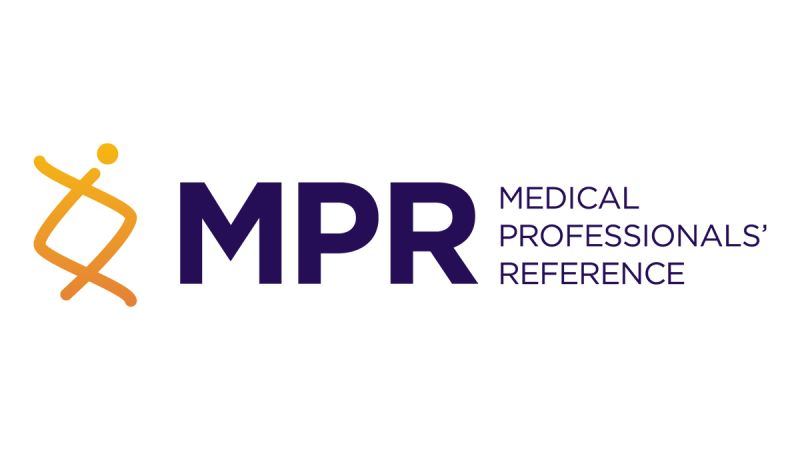A recent legal case highlights the complexities physicians face when receiving subpoenas for medical records. A physician was awarded $2.05 million in damages after being terminated by a health system for responding to a DEA subpoena without notification. The case demonstrates critical considerations for healthcare providers regarding legal obligations, employment contracts, and proper handling of subpoenas.
Key Points:
- An internal medicine physician in a concierge practice received a DEA subpoena for patient records. After consulting his attorney and confirming the subpoena’s validity, he provided the requested records without notifying his employing health system, leading to his immediate termination and cancellation of malpractice insurance.
- The jury awarded the physician $300,000 for breach of contract and $1.75 million for tortious interference, finding that the health system damaged his reputation and financial security without proper cause or providing the contractually required 10-day correction window.
- Three common types of subpoenas exist: subpoena duces tecum (for documents/records), deposition subpoena (for depositions), and witness subpoena (for court testimony). Failing to respond can result in contempt charges, fines, or imprisonment.
- Physicians who wish to contest a subpoena must file a motion to quash, stating specific objections. A judge will weigh the relevance of requested information against these objections.
- Legal counsel should review any subpoena to determine its scope and appropriate response requirements, particularly when employment contracts may affect compliance obligations.

HCN Medical Memo
Physicians must balance multiple obligations when responding to subpoenas: legal compliance, employment contract requirements, and patient privacy concerns. Immediate legal consultation can help navigate these potentially competing interests while protecting both the practice and patient confidentiality.
More Legal Matters

